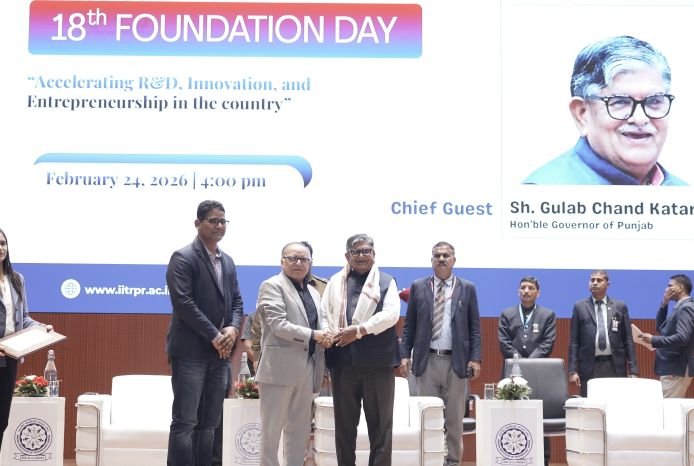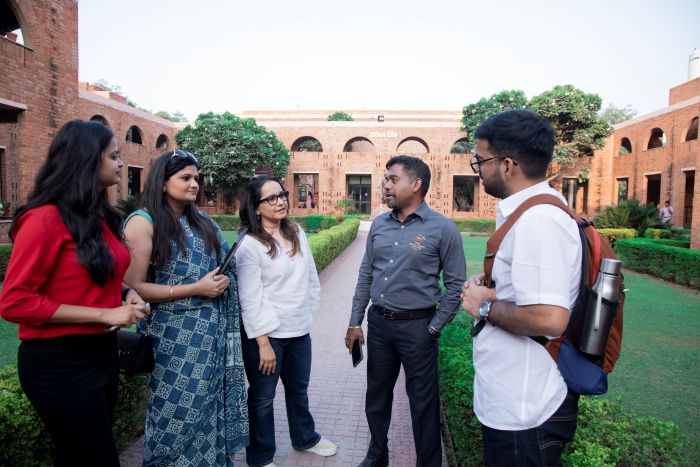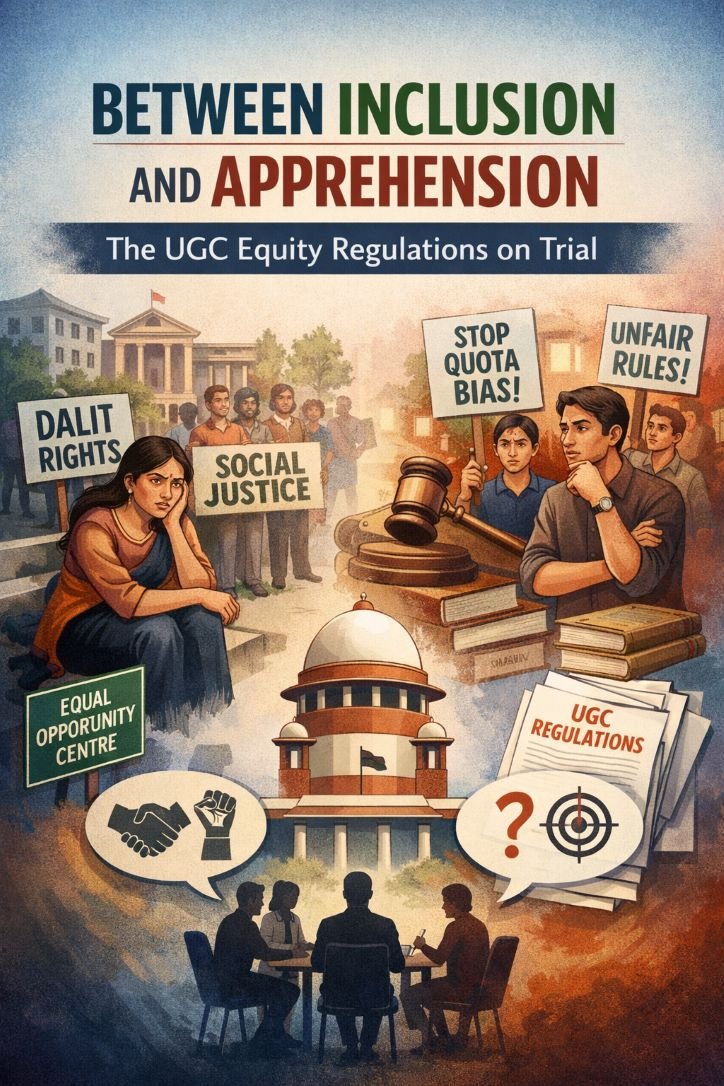
Central Square Foundation, a non-profit founded in 2012, which is engaged in advocacy of better school education in India, has released a research paper titled, Edtech for India: Leveraging Technology to Bridge Learning Gaps.
The 92-page review cum recommendation paper makes a strong case for states to adopt a framework for both in-school and at-home learning with respect to edtech besides having dedicated teams and budgets to support hybrid learning/teaching system. Among the six recommendations are also included leveraging technology for achieving Foundational Literacy and Numeracy (FLN) by 2025, as envisioned by NEP 2020, iteration in the policy and budget allocations for the ICT@Schools scheme and designing the right incentives for effective use of devices for learning.
Drawing support for its advocacy for integration of edtech into school education as a policy intervention, the paper says: “The pandemic led to a range of opportunities relating to digital learning, including growing smartphone penetration, increasing parental participation in learning and increased political salience around blended learning. Even in a ‘business as usual’ situation, at-home and blended learning will need to play an important role in remediation by reinforcing concepts being taught in school. Building off the momentum created during the pandemic, a ‘blended approach’ that combines in-school instruction with at-home learning and caters to the individual needs of a child is a promising way forward.”
It further notes that the National Achievement Survey 2021 has found a steady decline in state-wise performance in literacy and numeracy, as compared to 2017 levels. “The low levels of learning have further been exacerbated by the COVID-19 pandemic and the resulting school closures, which led to immense learning loss among students. The paradox of universal access to schooling with low levels of learning is primarily due to challenges such as the presence of multigrade and multilevel classrooms, limited teacher capacity, limited data to inform policy, and lack of parental support. Education technology can play a significant role in addressing these challenges.”
According to analyses presented in the paper, the EdTech opportunity for the low income still remains untapped due to gaps in policy, the unaffordability of quality EdTech solutions, and inequitable device access. Given these challenges, the paper also presents models and comparisons from a few select countries. “One of the ways in which this loss can be mitigated and learning recovery can be supported is by leveraging digital resources to supplement the educational process,” writes Dr. Santhosh Mathew Country Lead, Public Policy and Finance, India Bill and Melinda Gates Foundation in the paper foreword.
Prof. Sridhar Iyer, Professor and Head of Department, Education Technology, IIT Bombay ,who is acknowledged as the primary reviewer of this paper is of the view that the focus should be on research-based products and such products such be subjected to rounded evaluation rather than tied directly with outcomes. “The focus shouldn’t be hardware or content but rather on pedagogy and teacher training,” he said at a webinar during the discussion on the paper on Sep 15.
Speaking at the same seminar, Summit Mehta of school edtech LEAD said there is clearly need of integrating what is happening at school with home learning and ending their separation. “Whole development of child and empowerment of teacher must be the guiding principle,” he added.
Rajnish Kumar (director Digital Education) at Dept of School Education, Ministry of Education, GoI speaking about the loss of learning during Covid said the government has provided digital resources, reduced the syllabus while retaining core concepts as a remedial measure but the decision is left to school administrators and teachers. “We know no full recovery is possible. Regarding technology use in education it is necessary imparting multidisciplinary education, personalizing learning and offering choice to students.”
Despite what is reflected in the research paper, the debate whether Edtech is the panacea to uplift school education across the board or a commercial agenda in context of India, is still unsettled. Though unrelated, the quality of STEM education as is already impacted by coaching industry, will further deteriorate if any policy framework doesn’t integrate the learning of science into edtech solutions of scale. If the falling cutoff scores in NEET and JEE (advanced)—the two entrance examination used for admission to country’s best Medical and Engineering colleges, is any indicator, country’s school education needs big-time attention to promote excellence, inquisition and knowledge acquisition besides ending poverty of not having good and skilled teachers.








